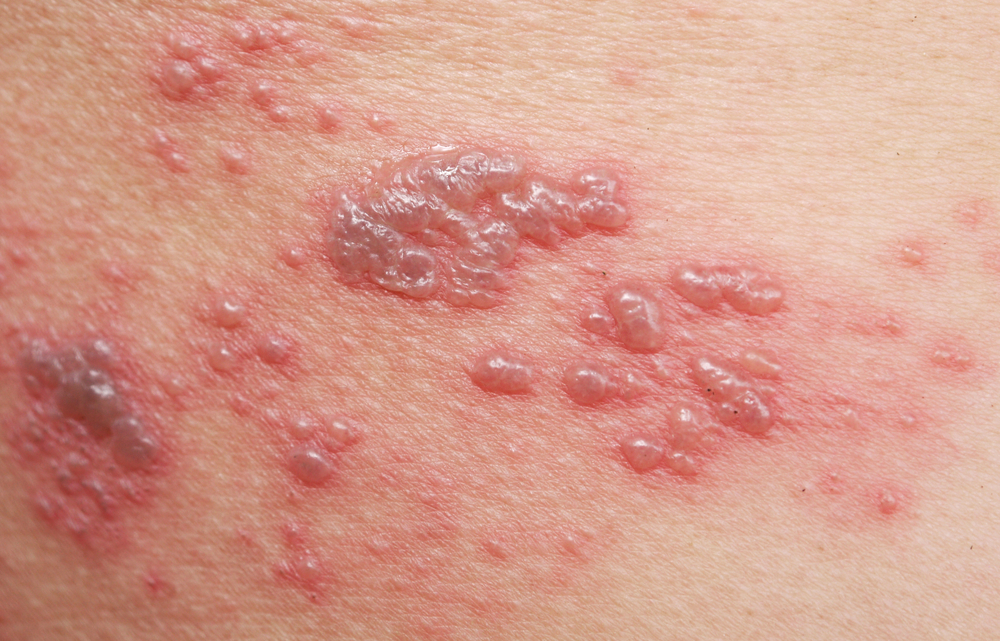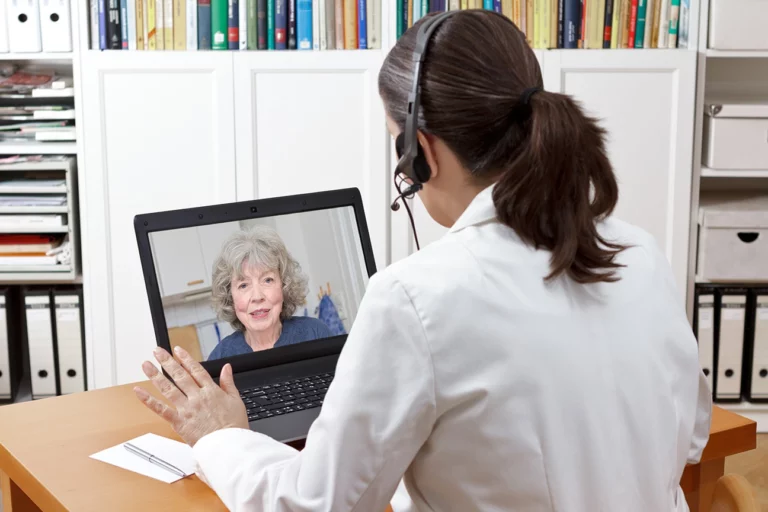Shingles is a viral infection caused by the varicella-zoster virus, the same virus that causes chickenpox. If someone around you has an active case of shingles, you may be wondering if shingles is contagious and if you could catch the virus from being near to them.
If you think you might have shingles, don’t wait to see your doctor. Book an online consultation with a pharmacist to get the care and treatment you need.
Can you catch shingles?
Shingles itself is not directly contagious.
However, the virus that causes shingles, varicella-zoster virus, can be transmitted to others who have not had chickenpox or the chickenpox vaccine.
This transmission typically happens through direct contact with the fluid from shingles blisters.
It’s important to note that a person exposed to the virus would develop chickenpox, not shingles.
Is shingles contagious to adults?
Yes, the shingles virus can be contagious to adults who have not had chickenpox or the chickenpox vaccine.
Adults who have not been previously exposed to the varicella-zoster virus can contract chickenpox if they come into contact with the fluid from shingles blisters.
How long is shingles contagious?
Shingles is considered contagious until the blisters crust over completely.
Typically, this occurs within 7 to 10 days after the onset of the rash.
Until the blisters have crusted over, it’s essential to take precautions to prevent the transmission of the varicella-zoster virus to those who are susceptible to chickenpox.
After the blisters have dried and formed scabs, the risk of transmitting the virus is significantly reduced. However, it’s still important to practice good hygiene to prevent the spread of any infectious disease.
Frequently asked questions about shingles
How to avoid catching shingles?
To avoid shingles, get vaccinated, maintain a healthy immune system, manage stress, and avoid close contact with people who have active shingles.
How do adults catch shingles?
Adults catch shingles through the reactivation of the varicella-zoster virus, which causes chickenpox. Stress, weakened immune system, and ageing increase the risk.
Is it safe to be around someone with shingles?
No, you should avoid close contact with someone with active shingles, especially if you haven’t had chickenpox or the vaccine yet.



